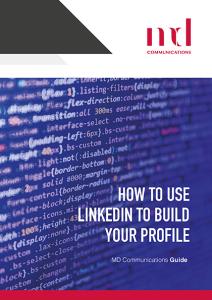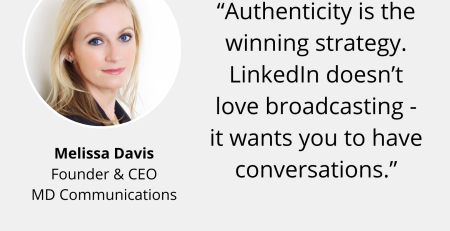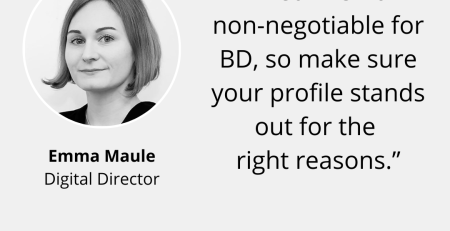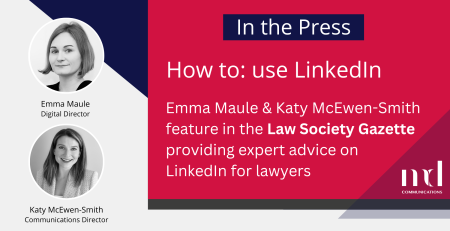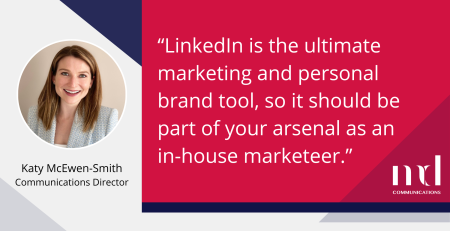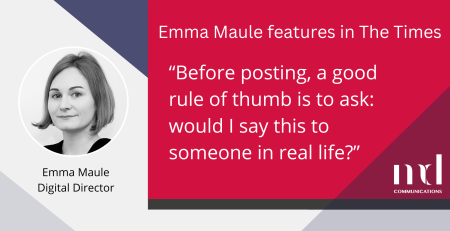Is your firm’s social media policy fit for purpose? Our Digital Director Emma Maule outlines the risks of not having one and looks at what you should include.
Following the Gary Lineker tweet debacle at the BBC, law firms should be asking themselves if their social media policies are up to scratch. According to Zippia, 45% of companies don’t have a social media policy in place – a huge number for an area that poses so much reputational risk.
While Lineker has been reinstated, and many would argue that he was on the right side of history with his criticism of the government’s proposed asylum legislation, this has shone a spotlight on what is contained in company polices and to whom it applies. The BBC bosses decided that Lineker had defied its policy, but as Lineker is not a permanent member of staff, things are somewhat murkier than at first glance.
Why law firms need a policy
As social media is now so widespread, employees will struggle to know what is and is not acceptable in their online presence and output if guidelines are not provided. Not just a reputational risk, social media can also be a legal minefield for employers. Since the pandemic, boundaries between personal and workspace, both physically and mentally, have become increasingly blurred, with staff spending more time online on social media – including business networking site LinkedIn – and minded to share more than they had before.
One would hope that social media posts are fun, informative, or just harmless. In reality, employers have seen their staff bully and harass people online, share confidential information, and a rise in online libel and defamation cases in recent years. Privacy law and copyright law are also areas where staff can get into hot water. A common resource for scammers and criminals, social media is often the stepping stone to a major security breach or ransomware attack.
Without a policy, employers have no recourse to stop such issues, and more importantly, to nip it in the bud if they see someone starting to veer into dangerous territory.
What does the SRA say?
Law firms and lawyers are under a higher burden than the general public, as they are called on to uphold the rule of law and not to bring the profession into disrepute. In 2017 the SRA issued a Warning Notice on Offensive Communications, which explains that communications must not contain statements which are derogatory, harassing, hurtful, puerile, plainly inappropriate, or perceived to be threatening, causing the recipient alarm and distress. In addition to this, the SRA Code includes guidance around client confidentiality and advertising, both of which apply to aspects of social media and to which all lawyers must adhere to.
It may be useful to spell out what the SRA says in your policy. As the SRA’s Code can be a tad tricky to navigate, the Law Society has produced a really useful practice note which outlines ethical obligations, as well as guidance on what should go in your policy.
Common questions
Should I add ‘views my own’? You may have seen various profiles with ‘Views my own’ at the end. Know that this is entirely pointless as if the individual has indicated somewhere else on their profile where they work, as this creates a link between that person and your firm. People also use these as a get-out clause to then say whatever they want, so we’d advise against them.
We have identified a staff member posting harmful content but whose profile is not linked to the firm, what should we do? Since you have recognised them, it is not inconceivable that others will eventually. We would advise a quiet word, and to point out that posting harmful content goes against the SRA Code.
What your policy should contain
Part of a firm’s business code of conduct, your policy should state clearly that if an employee is in any way linked to the firm via their social profiles (for example, some may post anonymously but still mention the firm’s name in posts – this is providing a method of identification), then their output must follow the guidance. When staff post online, they are representing the firm and anything negative will also reflect negatively on the firm.
Here are other areas the policy should cover:
- The purpose of the policy – be transparent, say that social media can offer negatives as well as positives and it’s better to be informed so you can protect yourself.
- Who should it apply to – does it apply to consultants, freelancers, and interns? We would say that while they work for the firm, yes it does.
- Which platforms – you can list popular ones as examples but make it clear it applies to every type of social media. Don’t forget Quora, review sites such as Trip Advisor, and discussion-based forums such as Reddit.
- Brief security guidelines around sharing propriety information, not posting defamatory or illegal content, identifying security risks around scammers, and keeping devices and passwords updated, including two-factor authentication.
- Legal guidelines – while lawyers may be well versed in their speciality area, I have come across many who are not completely au fait with copyright law, where things can get expensive if you share someone else’s images without permission.
- Clarity around who should react to posts about the firm or other lawyers. Your staff may be minded to respond to a negative comment online regarding the firm – this can easily escalate into a PR crisis if handled clumsily or if they inadvertently give the commenter more ammunition. The policy should be clear on who should be alerted in the event of negative commentary and what the process is.
- Consequences. What will happen if your staff breach the policy? Outline examples of unacceptable posts and provide guidance on what disciplinary action will be taken.
We recommend getting experts in to run training around social media policies, as well as how to use the platforms properly. Even if you create a comprehensive document, many staff members will not read it, and others will read it but not know how to apply it. If you need help getting your team up to speed with your social media policy, check out our training options.
In essence, a social media policy is vital to allow your lawyers to craft an authentic online footprint while protecting the firm and your staff from reputational risk and, possibly, legal action.
If you need help with drafting a social media policy or strategy, please get in touch.



